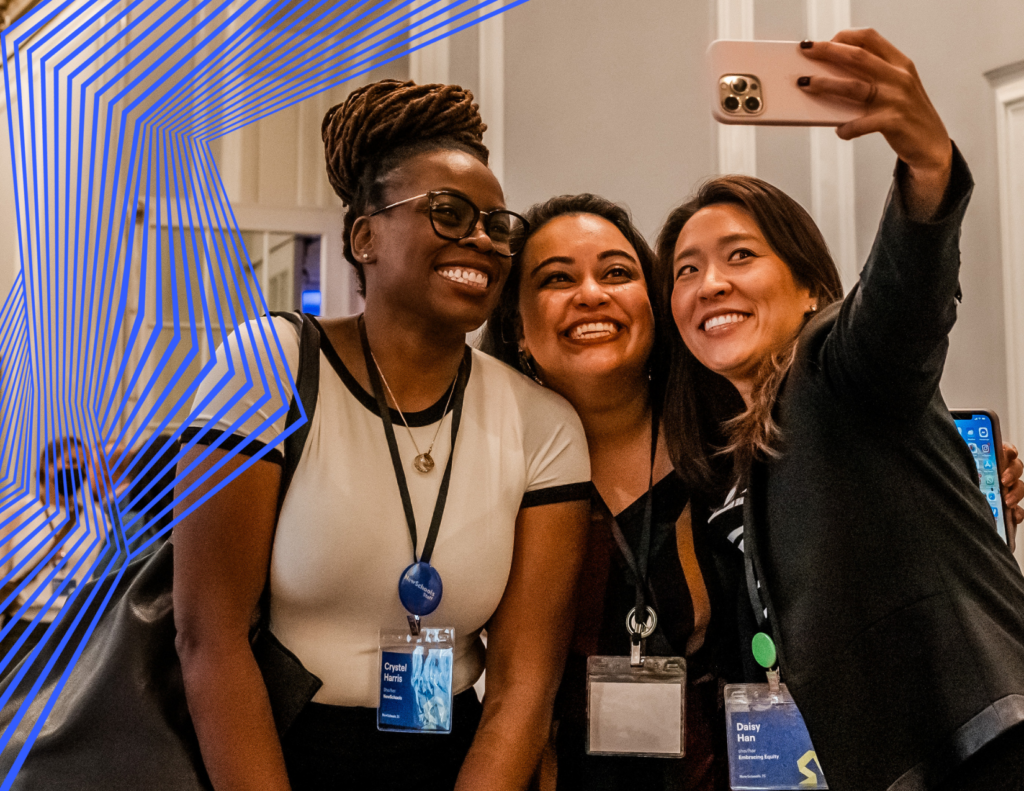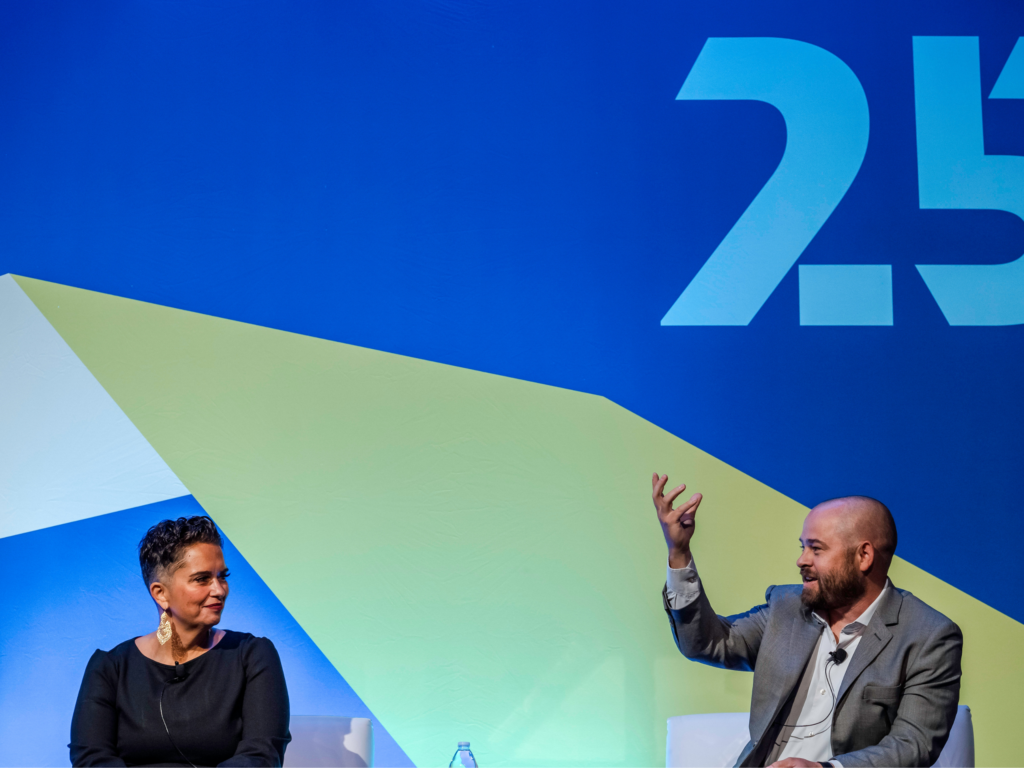 Our annual NewSchools Summit is coming up on May 6, 2015. In the coming weeks, we will feature posts on some of our exciting presenters.
Our annual NewSchools Summit is coming up on May 6, 2015. In the coming weeks, we will feature posts on some of our exciting presenters.
Next up is Jaime Casap, a leader at Google for Education. One of Jaime’s passions is to challenge the education technology field to diversify its ranks. Our Summit session “Race, technology and education: Opportunities and challenges” will build on this theme. I sat down with Jaime to ask him a few questions:
Jaime, we’re thrilled to have you speak at Summit. What is the focus of your session?
My session will focus on opportunities and challenges related to the lack of diversity in technology throughout the pipeline — from early childhood through high school and college as well as in the technology industry more broadly. The need for diversity in edtech is even more important — these products cannot be created in a vacuum; they should reflect the populations they serve.
You have the unusual title of Chief Evangelist at Google. What, exactly, does that entail?
It means I’ve been on the Google for Education team the longest! My job is to think about teaching and learning and the role technology can play. Externally, I help grow awareness of ways to use technology in education — making sure people understand the power of technology and the web to revolutionize learning models. Internally, I work across teams to make sure we’re building tools that are necessary for the future of education.
The topic of diversity in education technology, as well as technology in general, is one close to both our hearts. Why so for you?
The people who create technology should represent the people technology is helping. As the minority population in our K-12 education system increases, these students’ points of view become even more important to consider. In addition, the practical reason to get minority students involved in technology is that there will be a million jobs in computer science that otherwise will go unfilled. Proficiency in technology and computer science are much needed skills in the new economy. I don’t like to say that education is broken — the reality is, education is better than it’s ever been. But we need to reimagine the education system to reflect a new world where technology and the web are central to enabling and supporting learning.
As the face and voice for Google for Education, what do you see as the company’s role – on both an immediate and long-term basis – in increasing the diversity of educational leaders and decision-makers?
Google was one of the first technology companies to announce our diversity numbers publicly, and we are working to build a more diverse and inclusive culture. We also have a number of efforts in the education space to try and fill the pipeline as early as possible! These programs include Made with Code, Google RISE Awards, Google Science Fair, Google Summer of Code, Computer Science Summer Institute, Computer Science for High School, and CS First.
You’ve previously noted that only 1 in 14 technology workers in Silicon Valley is Black or Latino; and less than 5% of the teams at Google, Facebook and Yahoo are Black or Latino. To what do you attribute those numbers and how can we collectively change that?
As we both know, it’s an issue of pipeline. There are a number of issues across the entire pipeline that we need to address. We need to look for opportunities to help students of color develop an understanding of technology and computer science from an early age, then continue to offer them relevant content and curricula in middle and high school. This will help prepare more of these students to study computer science in college. In addition, there is work to be done to help students, parents and communities understand the importance of technology and computer science, to help drive demand for content and programs that help students develop these skills. And of course, there is still more work to be done building organizational cultures that are more inclusive and non-biased.
Check out www.nsvfsummit.com for the latest updates on our agenda.


